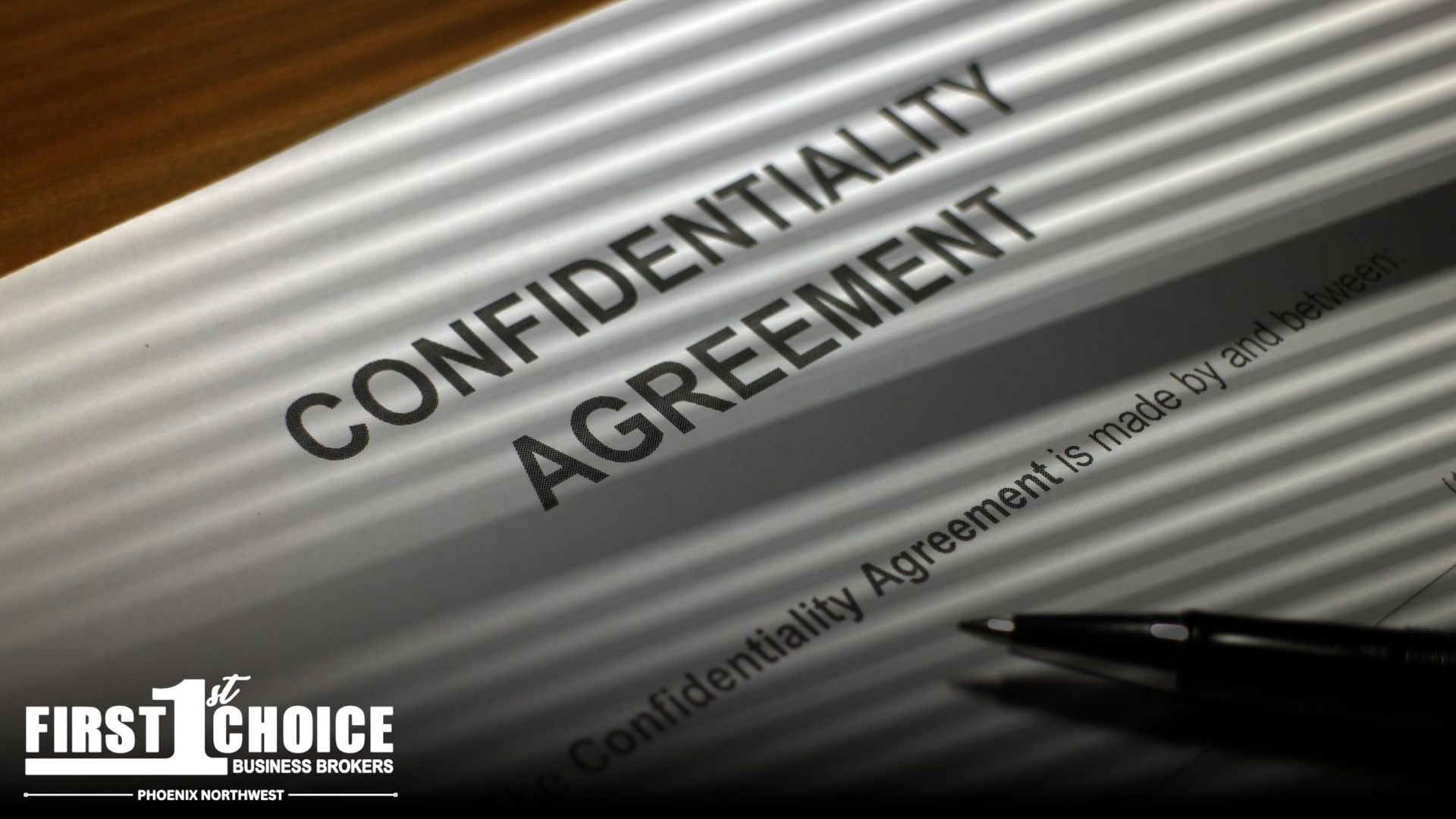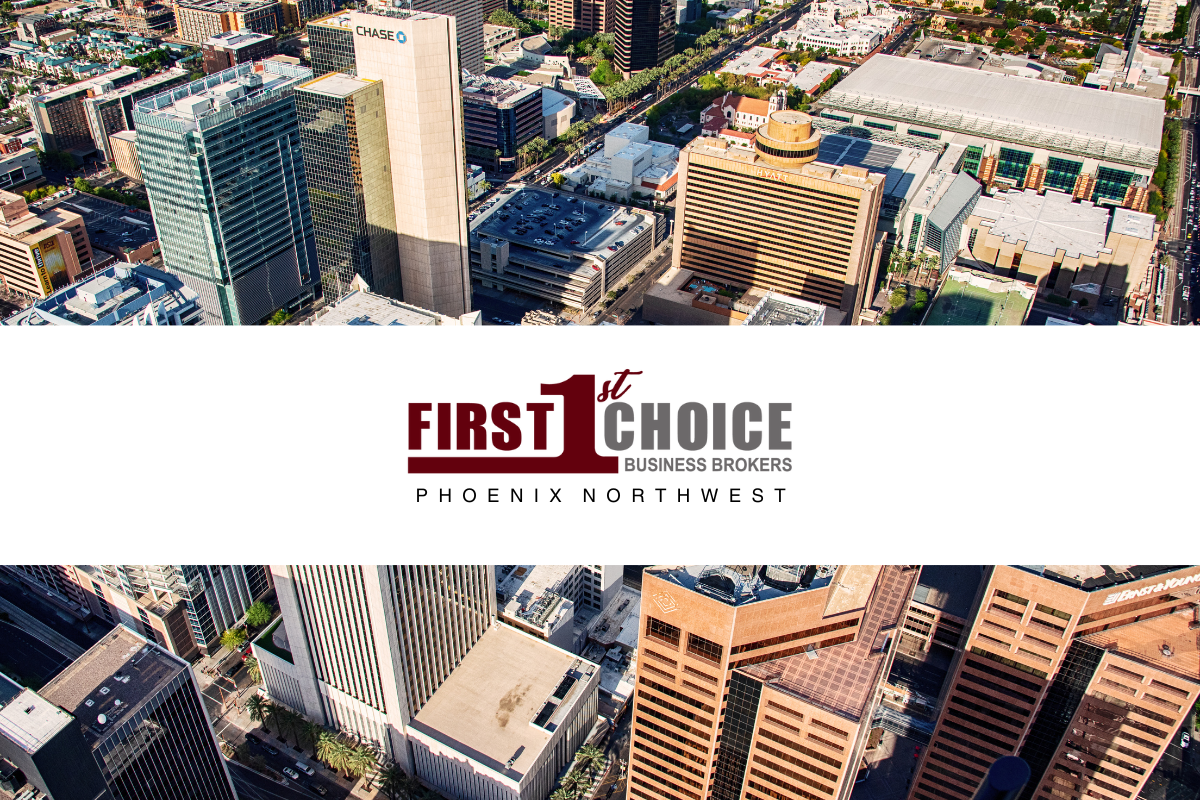The Importance of Confidentiality in Selling Your Business

Selling a business is a momentous event in the life of any entrepreneur. Whether you're planning to retire, embark on a new venture, or simply realize the value of your hard work, the process of selling your business requires careful thought, strategic planning, and significant professional guidance. However, beyond the logistical and financial aspects of a sale, there is one key element that should not be overlooked: confidentiality.
Confidentiality plays a vital role throughout the business sale process, from initial discussions to post-sale integration. The consequences of breaching confidentiality can be far-reaching, affecting not only the sale itself but also the value of your business, employee morale, customer relationships, and your company’s reputation. This blog post delves into the importance of confidentiality when selling a business, outlining why it matters, how to maintain it, and the potential risks associated with compromising it.
Why Confidentiality Matters in a Business Sale
Protecting Sensitive Information
During the sale process, sensitive information about your business will inevitably be shared with potential buyers. This could include financial statements, intellectual property, business strategies, customer lists, employee data, contracts, and even trade secrets. If this information is leaked or made public, it could have detrimental consequences for the company, including:
- Competitive Disadvantage: If competitors learn about the sale, they may exploit the information to their advantage. For instance, they may target your customers or use the knowledge of your potential exit to disrupt your operations.
- Employee Concerns: Employees often feel anxious when they hear about a potential sale. If the sale process is not handled confidentially, employees may start to worry about their job security, leading to decreased morale, increased turnover, and potential loss of talent.
- Customer Reactions: Confidentiality is essential in managing the relationship with your customers. If they hear rumors or become aware of the sale too early, they might become concerned about the future stability of your business. This could lead to customer attrition, reduced sales, and lost revenue.
Maximizing Business Value
A business that is not handled confidentially during the sale process may see its value diminished. Buyers may be wary of a business sale if they sense that the process is not being conducted discreetly. This can create uncertainty and fear, which can depress the perceived value of your business.
For example, if the sale process leaks before it's time, competitors may take advantage of the situation by lowering their offer, betting that you are in a rushed situation or under pressure to sell. On the other hand, a well-managed confidential sale process can ensure that your business continues to operate as usual, without disruption, allowing its value to remain intact.
Confidentiality also allows for better negotiation leverage. By keeping the sale discreet, you can ensure that your business stays attractive to multiple buyers, potentially driving up the purchase price due to increased competition among interested parties.
The Key Risks of Not Maintaining Confidentiality
Employee and Supplier Retention Issues
One of the most significant risks of a breach in confidentiality is the potential impact on your workforce. Employees are often the backbone of any business, and their loyalty is crucial to maintaining the company’s operations during the transition. If employees learn about the sale too early, or if they hear rumors, it can lead to widespread uncertainty and anxiety. This is especially true for key personnel who may worry about their job security or future role in the business post-sale.
Furthermore, suppliers and contractors who rely on the business for consistent revenue may also become wary of the sale. If they become aware of the transaction, they may worry about payment terms, changes in business direction, or even the stability of the company after the sale, potentially leading to a breakdown in business relationships.
To mitigate these risks, confidentiality should be maintained as long as possible during the sale process. Ideally, only a select group of trusted advisors and potential buyers should be privy to the details of the sale.
Damage to Customer Relationships
For businesses that rely heavily on customer loyalty, confidentiality is even more crucial. If customers learn about the potential sale of your business prematurely, they may start to worry about changes in the products, services, or support they receive. Some customers may even start looking for alternative suppliers, fearing that the business will undergo significant changes or that the new ownership will not be as committed to maintaining quality.
This can be especially problematic for service-based businesses, where long-term customer relationships and personalized service are key to success. If the sale becomes public knowledge before the right time, it could lead to a loss of customers, and potentially impact the terms of the sale as well.
Legal and Regulatory Complications
Breaching confidentiality during the sale of a business can also lead to legal and regulatory issues. If confidential documents or sensitive information is leaked, there could be potential legal repercussions. This is especially true if trade secrets, intellectual property, or financial information is made public without consent. Furthermore, if employees or stakeholders learn about the sale prematurely, you could face legal challenges or disputes related to non-compete agreements or other contractual obligations.
To avoid these complications, it’s essential to have proper legal protections in place, including non-disclosure agreements (NDAs) and other confidentiality agreements that ensure that all parties involved in the sale are legally bound to protect sensitive information.
How to Maintain Confidentiality During the Sale Process
Limit the Disclosure of Information
One of the most effective ways to maintain confidentiality is by limiting the amount of information shared and restricting access to sensitive details until absolutely necessary. Only disclose critical financial data, business strategies, and other proprietary information when you have identified a serious, qualified buyer.
This typically means providing basic information first (such as an overview of the business and high-level financials), and then gradually offering more detailed information as the buyer moves further through the due diligence process.
Use Non-Disclosure Agreements (NDAs)
Non-disclosure agreements are one of the most important tools in ensuring confidentiality during a business sale. NDAs are legally binding contracts that prevent the other party (usually potential buyers) from disclosing or using the sensitive information shared during the negotiation and due diligence process.
Before engaging with any prospective buyers, make sure that they sign an NDA. This ensures that they are legally obligated to keep all shared information confidential. You may also require key employees, advisors, and others involved in the process to sign NDAs to further safeguard sensitive details.
Control the Flow of Information to Employees
Employees should be informed about the sale only when necessary, and the timing of such communication should be carefully planned. In many cases, it may be appropriate to wait until the deal is close to finalization before notifying employees, especially key personnel. This ensures that you can manage the message and address any concerns before the information spreads.
Work with Trusted Advisors
It’s essential to work with professionals who understand the importance of confidentiality and have experience in handling the delicate aspects of a business sale. Your M&A advisor, attorney, accountant, and business broker should all be chosen for their expertise in maintaining discretion. These advisors can help guide the process while ensuring that sensitive information remains confidential and that all necessary legal protections are in place.
The Role of an M&A Advisor in Protecting Confidentiality
An M&A (Merger & Acquisition) advisor plays a crucial role in ensuring that confidentiality is maintained throughout the sale process. They act as intermediaries, managing communication between the seller and potential buyers and ensuring that sensitive business information is only disclosed to serious, qualified buyers who have signed the necessary NDAs.
An experienced
M&A advisor
also helps establish best practices for managing the confidentiality of the sale, from screening buyers and controlling the flow of information to advising on legal and contractual protections. In many cases, they can also help structure the deal in a way that minimizes exposure during the sale process, ensuring that the business operates smoothly until the transaction is completed.
Conclusion
Confidentiality is one of the most critical aspects of selling a business, as breaches can lead to significant risks that impact the sale price, business value, employee retention, customer loyalty, and even the future success of the business itself. Maintaining discretion throughout the sale process ensures that the business remains competitive, stable, and attractive to buyers.
For business owners considering an exit, it is vital to understand the importance of confidentiality and to implement strategies and safeguards that protect sensitive information. By working with trusted advisors, using non-disclosure agreements, and carefully managing communications, you can navigate the sale process successfully while maintaining the integrity and value of your business.
Get in Touch:
First Choice Business Brokerage Phoenix
📍 21640 N 19th Ave Suite C9, Phoenix, AZ 85027
📞 (623) 888-6190





